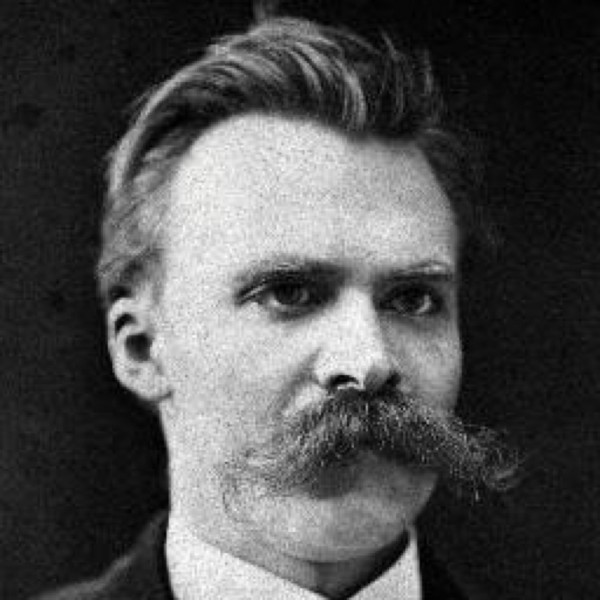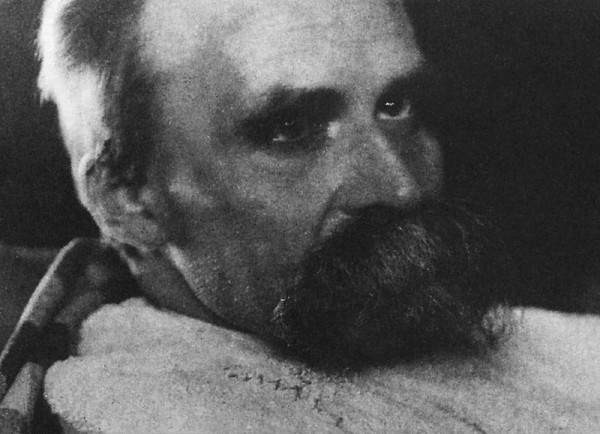“From life’s school of war: what does not kill me makes me stronger.” –Friedrich Wilhelm Nietzsche, Twilight of the Idols.
On January 3, 1889, philosopher Friedrich Wilhelm Nietzsche saw a man about a horse. He was staying in Turin, Italy, where the warm climate was good for this health. A man was whipping a horse in the Piazza Carlo Alberto. As the story goes, Nietzsche threw his arms around the horse to protect it and fell to the ground in a nervous breakdown. Two policemen pulled him away for public disturbance. He was taken to an asylum in Basel, Switzerland, where he died 11 years later at age 56. His madness remains linked to his philosophy and reputation.
Having gained a reputation for critiquing religion and morality in works like Beyond Good and Evil and On the Genealogy of Morals, Nietzsche worked on an introduction to his philosophy, Twilight of the Idols, in the summer of 1888 while he was in Sils Maria in Switzerland. In this work, he wrote, “what does not kill me makes me stronger.” Unfortunately, the disease that eventually killed him was getting stronger.
In spite of the popular view held that Nietzsche’s mental illness was caused by syphilis that he contracted in a brothel, it is more likely that he suffered from brain cancer. The Nazis adopted Nietzsche’s philosophy of the Übermensch, the pinnacle of human achievement, ignoring his condemnation of anti-Semitism. Anti-Nazi critic Wilhelm Lange-Eichbaum started the syphilis rumor after World War Two in order to discredit Nietzsche’s ideas.
After the incident with the horse, Nietzsche sent what became known as Wahnbriefe or “Madness Letters” to friends. Historian Jacob Burckhardt and professor of theology Franz Overbeck compared letters. Overbeck retrieved Nietzsche from Turin and took him back to Basel. During the breakdown Nietzsche allegedly was witnessed playing the piano and dancing ecstatically in the nude. His mother had him committed to an asylum in Jena, Germany. In the meantime in January 1889, Twilight of the Idols was published.
Ten years later, Nietzsche was partially paralyzed by a series of strokes. He contracted pneumonia in August 1900, and died on that August 25.



There are no voices yet... Post-script us a message below, won't you?